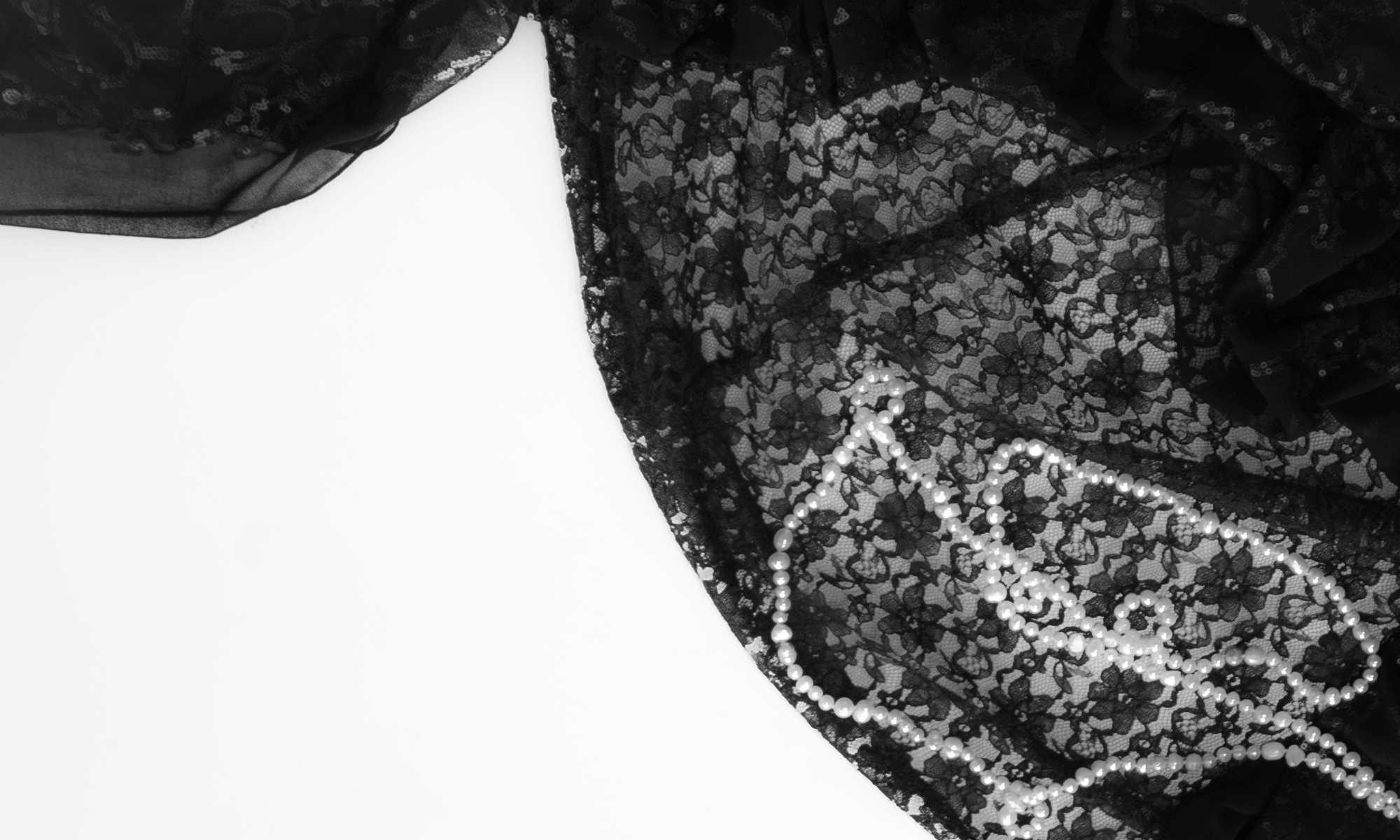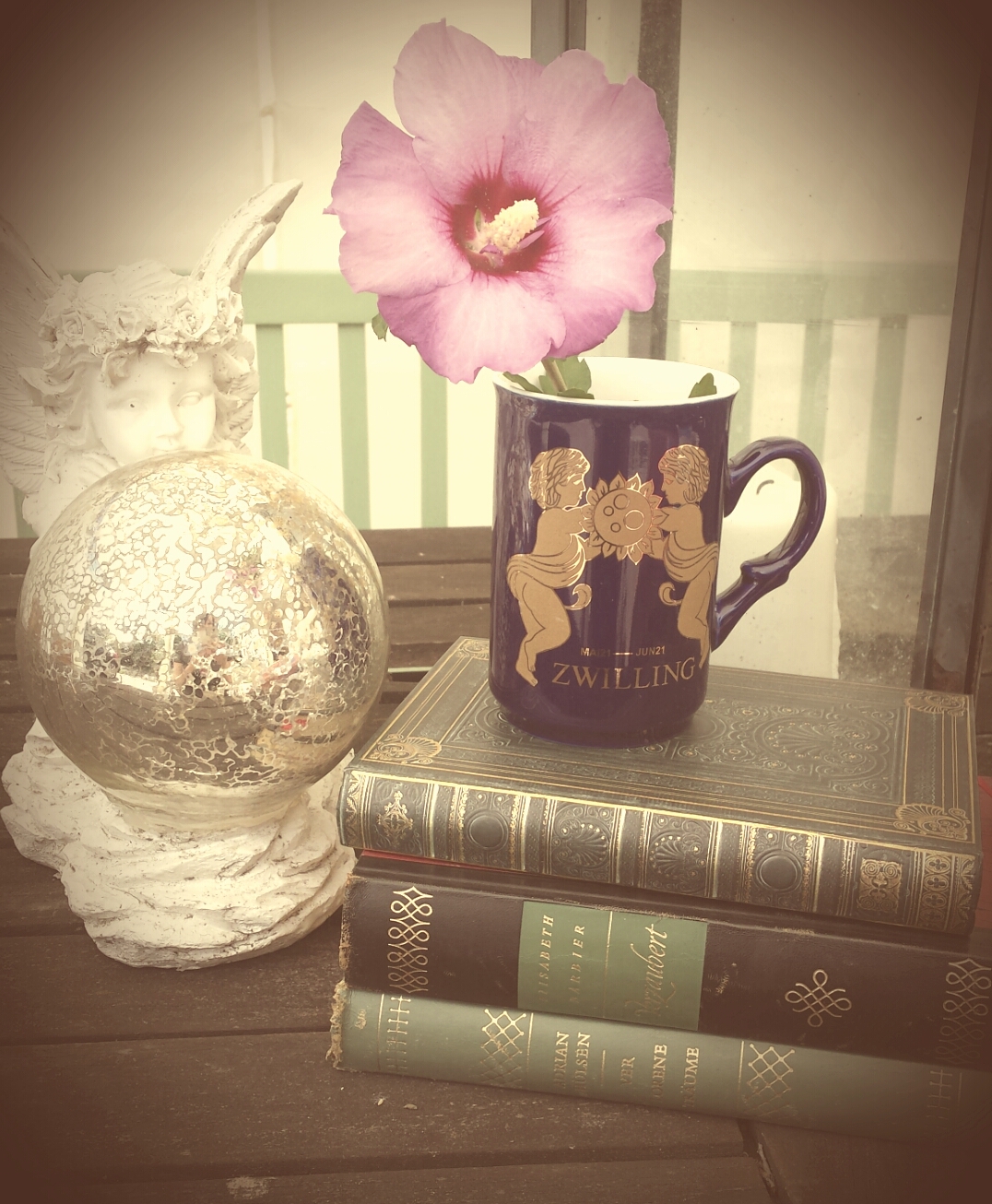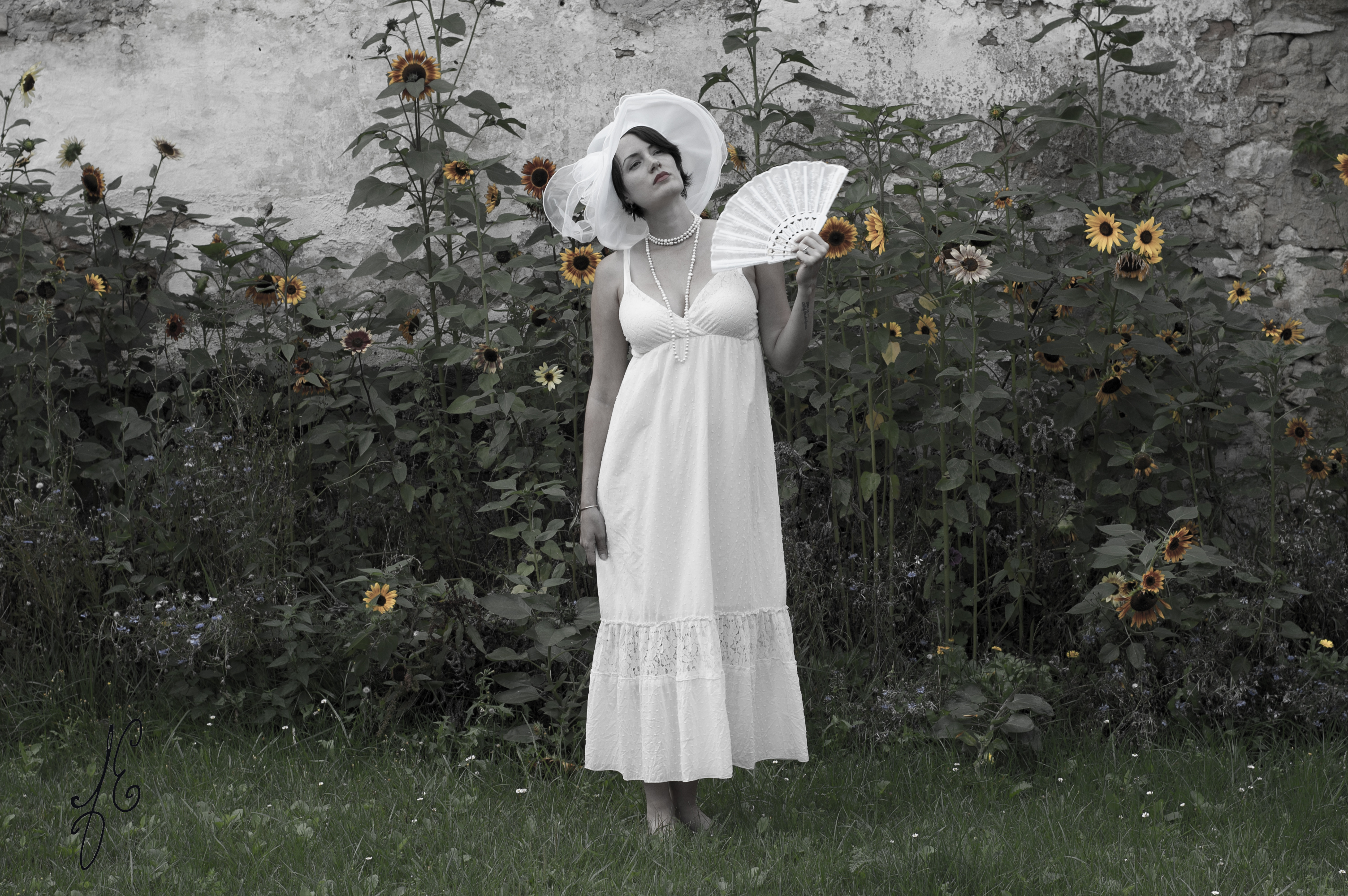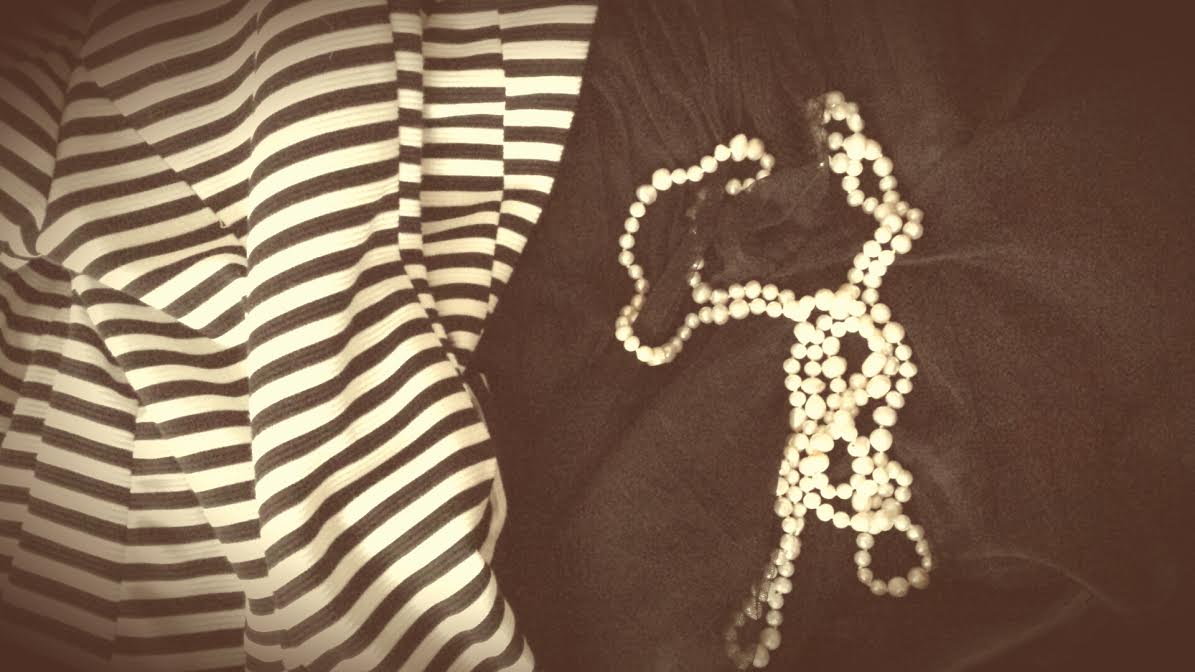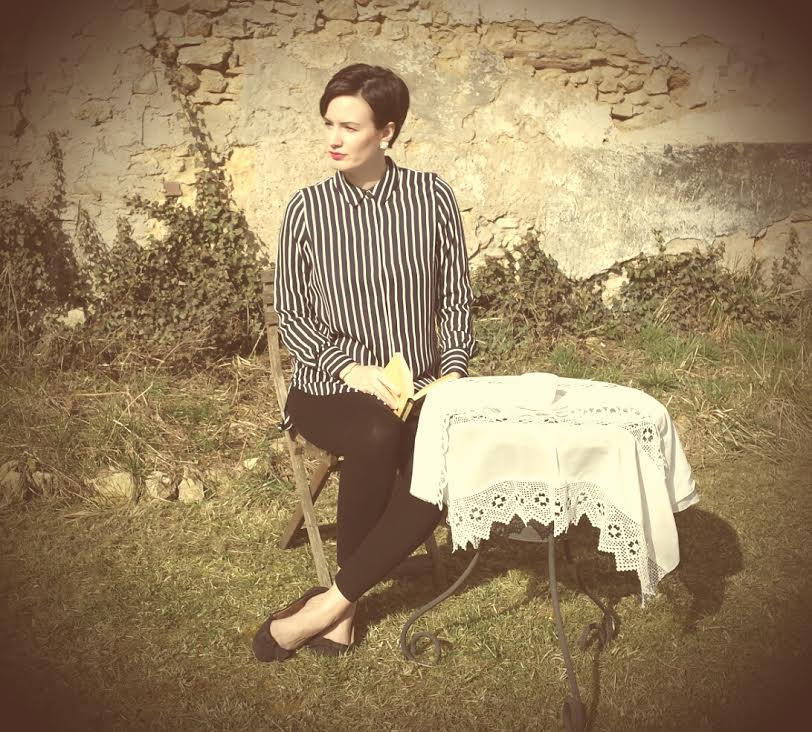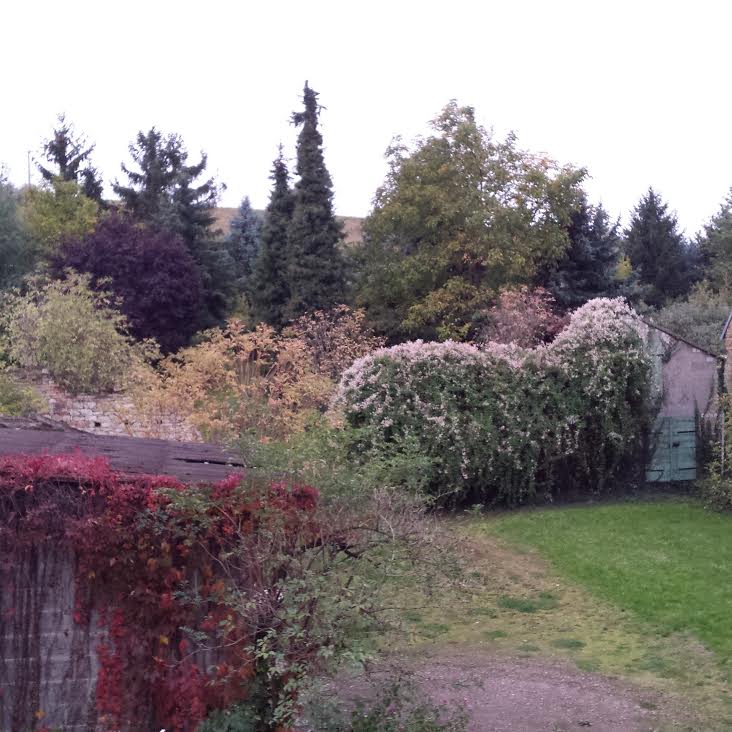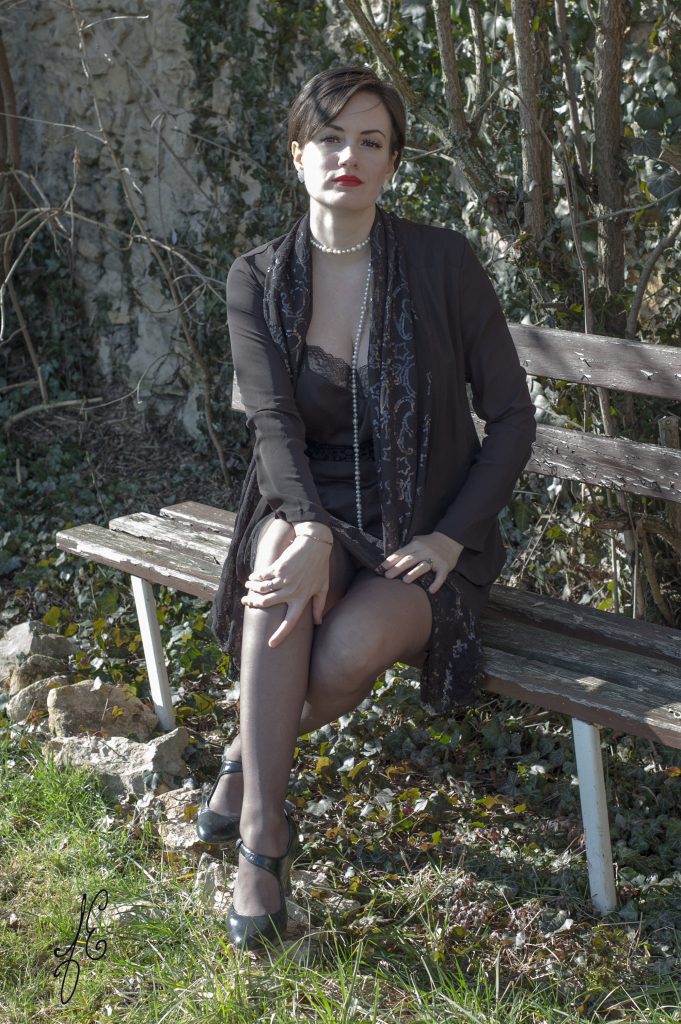
So many evenings spent in the studio toiling and sweating in hyper-focused concentration; falling into bed exhausted only to ceaselessly repeat the steps in your mind. Being there so often, you begin to take the friendships, laughs and struggles for granted. The music circles your bed in the air and you awaken only to continue training in anticipation.
The day arrives and the vanity table becomes a palace of glittering glamor. Rhinestones and diamond dust, vibrant color and fluttering lashes are worn as a testament to the endless hours you spent striving to embody the beauty of the art form. The final blissful moment comes when it’s time to slip into your costume– artistic embodiment.
Everyone seems different–excited, on edge and exhilarated. When the music begins you feel the stage under your feet and it’s as if a new world has burst into existence. The fabrics glisten in the light and you look out into an endless sea of cheerful, eager faces. At the last beat you feel full of pure, invigorated bliss. You took every bit of effort and care and created a beautiful, living gallery of movement. When the show is over there are hugs, smiles, even tears.
It’s this particular moment of dissolution that creeps in amidst the adrenaline rush so many of us endure. Suddenly you realize there will be no extra practice the following day. There won’t be anymore rehearsals or anticipation. The camaraderie that came into being ceases to exist the moment you leave the performance hall. You no longer belong on-stage or with anyone else.
This is the evening that I’ve learned to dread over the years; this is post-performance depression. I’ve tried to drown it in celebrations and activity. Speaking to those who have never spent long hours enveloped in the art of perfection feels lifeless. Evening sobs burst forth from the heart and you put your hands on your chest to keep it from leaking out onto the floor. A physiological reaction and tips to deal all dart forth from articles intended to soothe the woeful artist. How can anyone possibly understand? The only consolation is the promise of loftier and more exalted attainment. The creative instinct is a revered and irreplaceable affliction.
